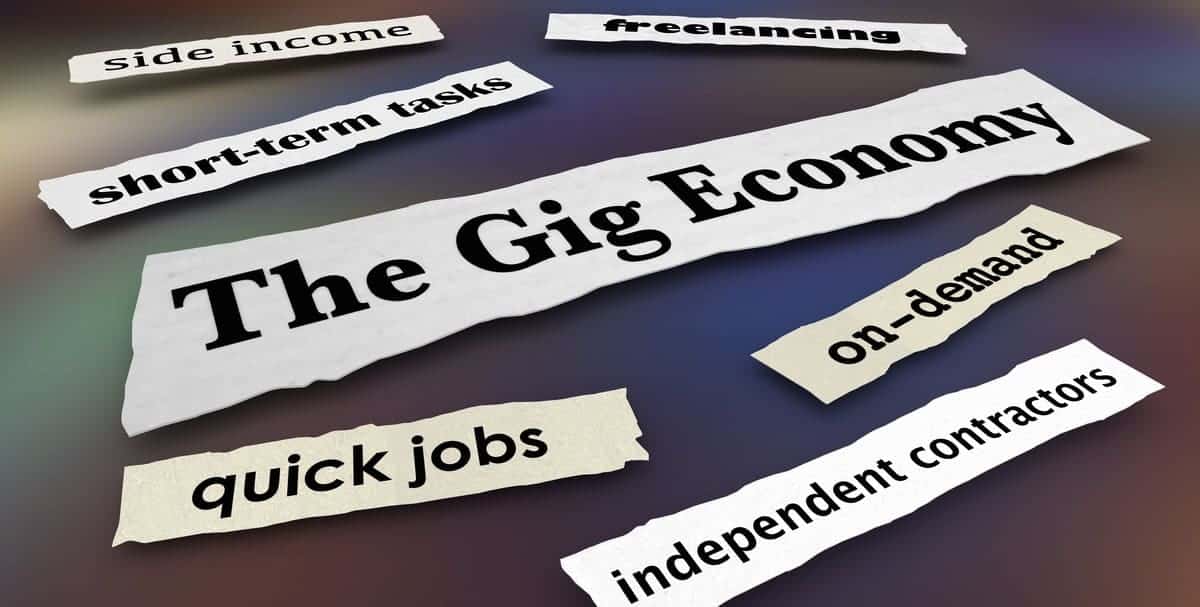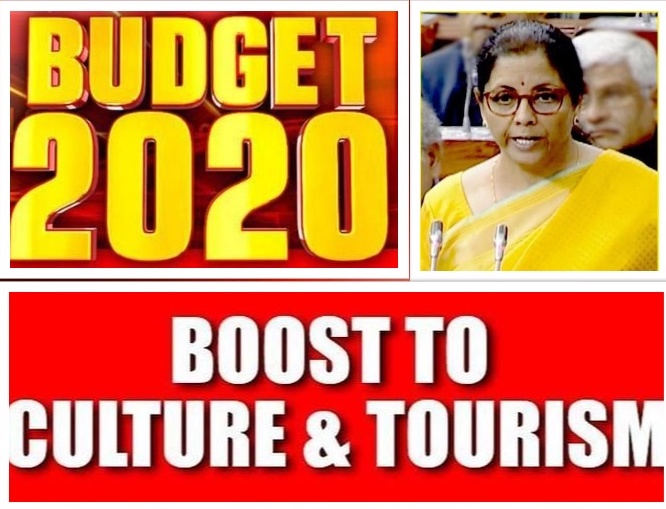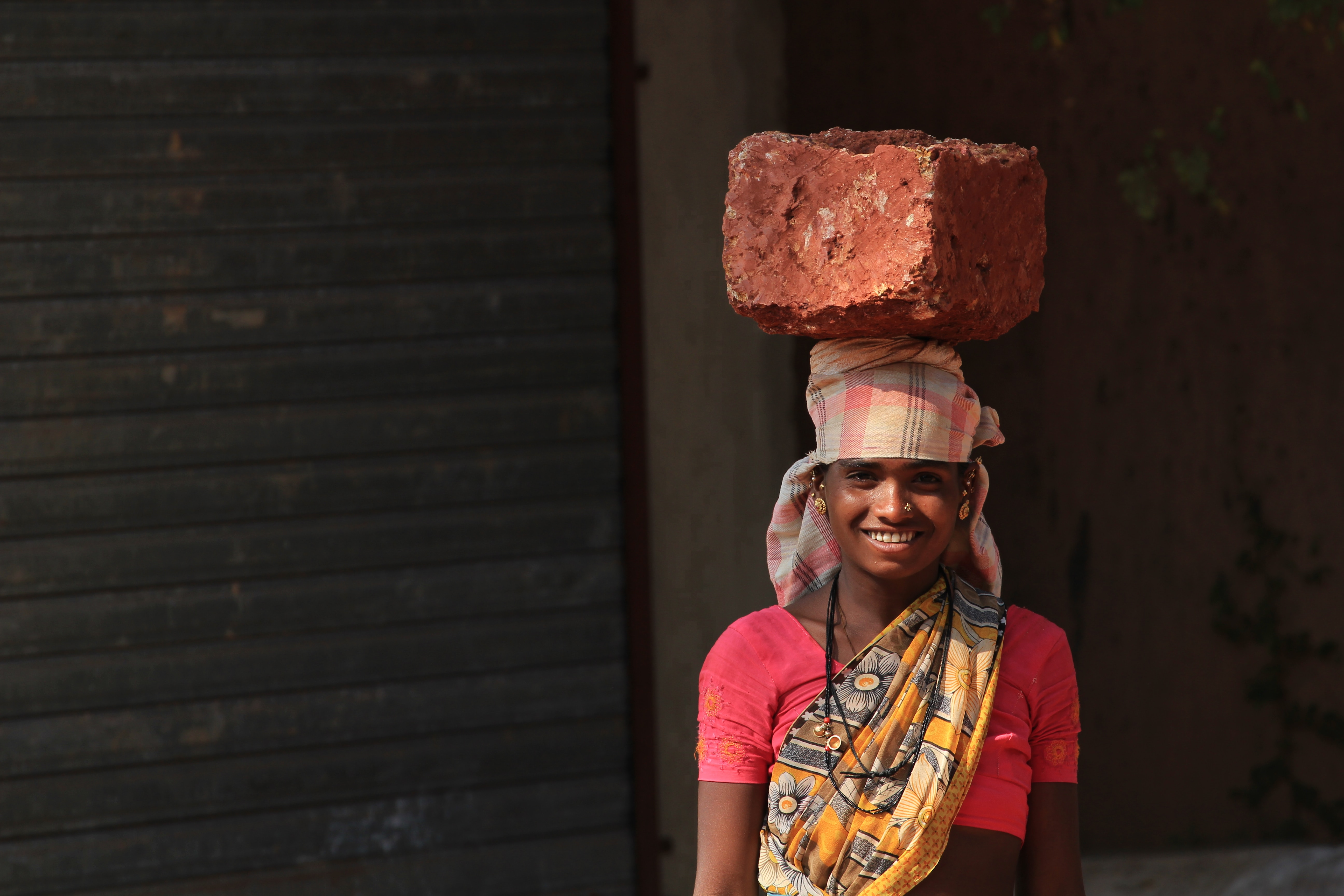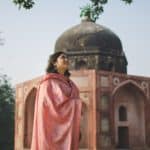I am what I am, so take me as I am
These words, by the great German thinker Johann Wolfgang von Goethe, emphasise on the uniqueness of each and every individual. Denial of this very basic sense of self is one of the worst possible things we can collectively do as a species.
But that is exactly what we were doing in India, in the form of a historic draconian colonial law which banned same-sex relations/marriage. Ask any person from the LGBTQ community, and you’ll get the same response :- They got their freedom not on 15th August 1947, but on 6th September, 2018.
So who exactly are the people of this LBGTQ community? What was this colonial-era law which inhibited and restricted their freedom of free will? And what happened on the 6th of September 2018 that changed all this?
What Does The Law Say?
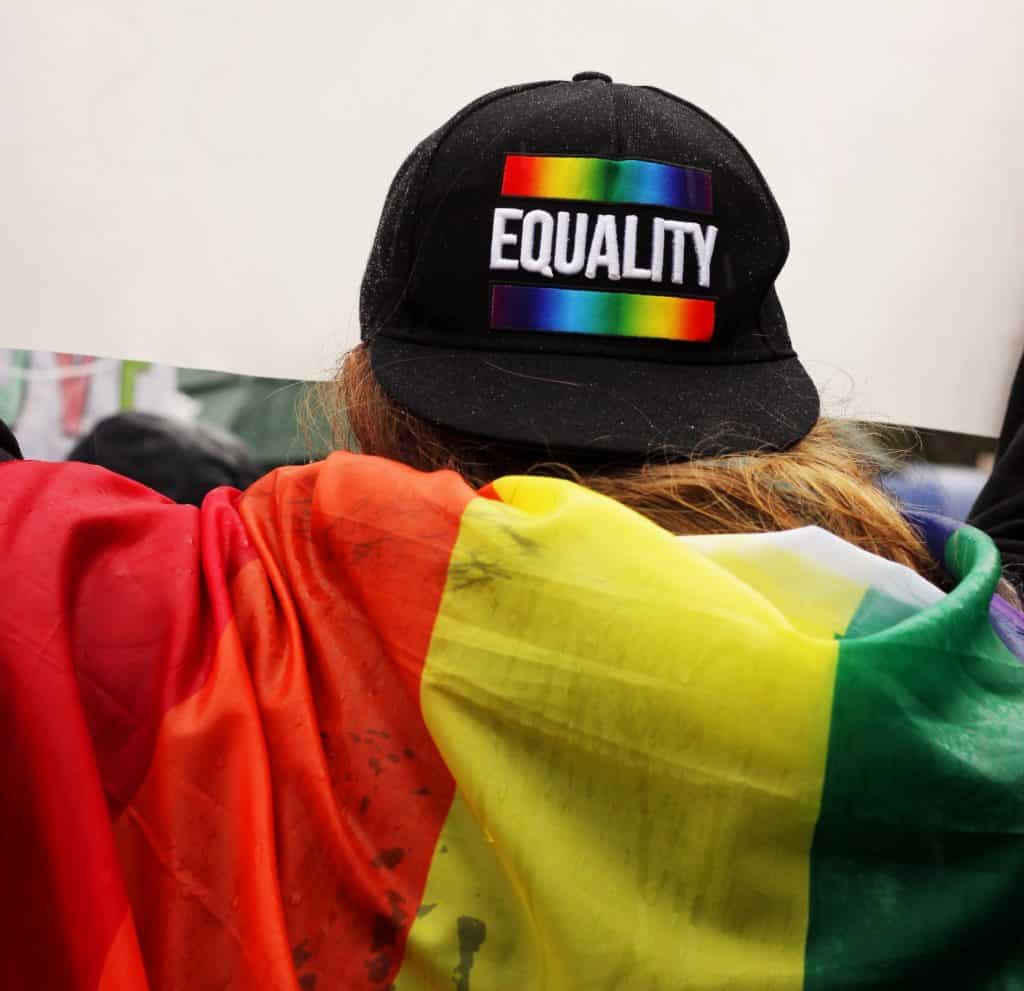
LGBTQ is an acronym for lesbian, gay, bisexual, transgender and queer or questioning. These terms are used to describe a person’s sexual orientation or gender identity. In use since the 1990s, the term is an adaptation of the initialism LGB, which was used to replace the term gay in reference to the LGBT community beginning in the mid-to-late 1980s.
But compared to the LGBTQ community across the world, the one’s in India were subject to a harsh colonial era law of our country ( Section 377 of the Indian Penal Code) which prevented them from engaging in physical activity and/or marrying legally. The law states :-
377. Unnatural offences: Whoever voluntarily has carnal intercourse against the order of nature with any man, woman or animal shall be punished with imprisonment for life, or with imprisonment of either description for a term which may extend to ten years, and shall also be liable to fine.
In simple words, penetration is sufficient to constitute the carnal intercourse necessary to the offence described in this section.
Yes, you read it right. It was a CRIMINAL offence to express love for one another physically if you were a LGBTQ person living in India until now.
What Is The Current Situation?
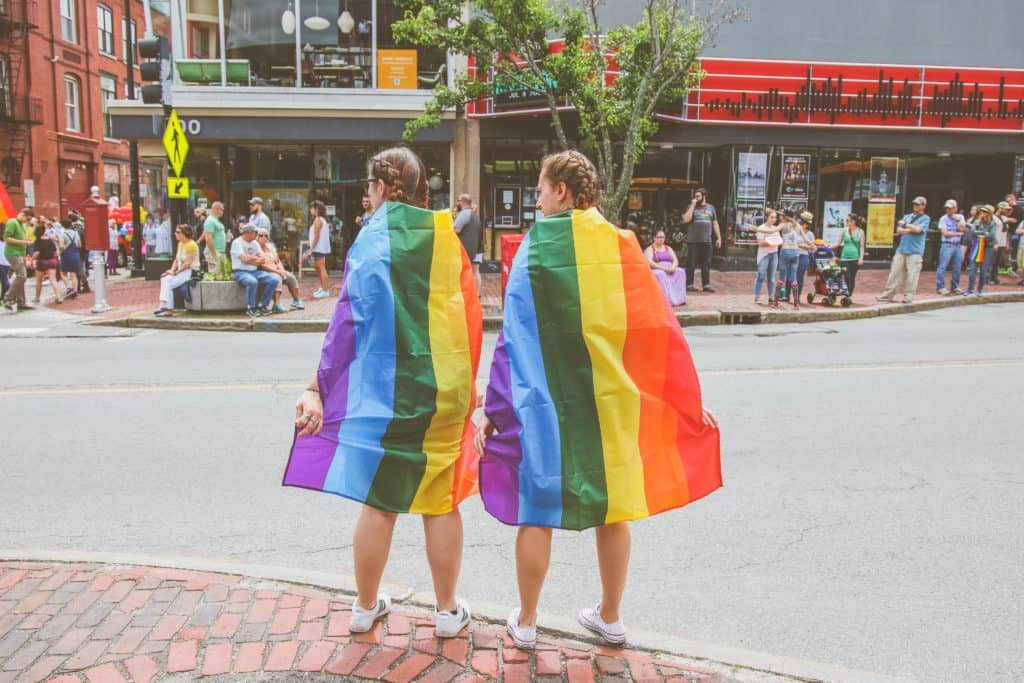
In the current times, same sex marriage is not legally recognised in India. There was an incident in Haryana in 2011 wherein the Haryana court granted legal permission to the marriage but soon after they got married the couple started received threats from friends and family in the village. In 2017, a group of citizens proposed a draft of a new Uniform Civil Code in the pursuit of legalising same sex marriages, to the Law Commission of India. Since then many have appealed for such a law through signing of petitions- that are currently pending in court.
So legally Indian may not be in the best situation to support members of the LGBTQ community but in society, and in terms of societal acceptance, India is at a better place than before.
Opinion Of The Indian Millennials
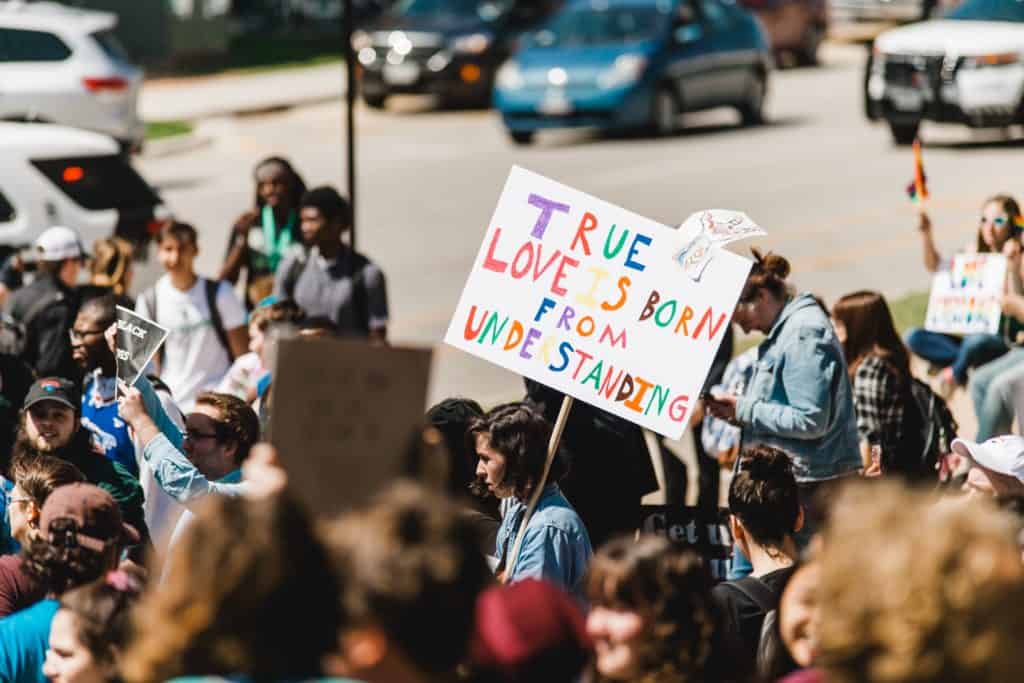
If we were to talk about a time, say 1 or 2 decades ago, LGBTQ members were almost all closeted and afraid of exposing their true identity. In those days, being queer was considered being unnatural, inhuman and sometimes even a disease/ disorder. Indian millennials, on the other hand, are much more accepting of the LGBTQ community than Indian GenX and GenY members. There are groups that exist to undertake initiatives to make members of the LGBTQ community feel welcome into mainstream society. Popular metropolitans in India such as Mumbai and Bangalore conduct pride parades annually in which members of the community as well as commoners gather at a designated area to march for a particular distance in unity and to show their support to the community in general. Members dress up in extravagant attires as this is the one day they get to be themselves without being shunned. The joy on the faces of gay couples and queer individuals is a treat to watch. The rainbow colour flag is carried as well as slogans that humanise LGBTQ members are chanted. Often established personalities in the community attend the parade to deliver speeches to the audience on their struggle and how they’ve achieved what they have.
Also Read: Beginning of #MenToo Movement
Media’s Role in Support Of LGBTQ
Portrayal in Indian Cinema
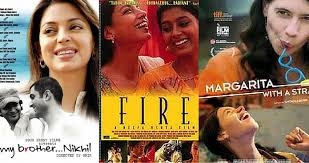
Previously, homosexuals were depicted in stereotypical way and mostly to induce laughter amongst the audience. In recent movies, there has been a shift from the portrayal and instead a more sensitive, and empathic stance has been adopted. Aligarh and Kapoor And Sons are two of the more recent blockbuster Bollywood movies, both released in 2016, that have made an impact on the portrayal of homosexual men in Indian media. Ek Ladki Ko Dekha Toh Aisa Laga has shown that there are major strides taken in the positive portrayal of homosexuality in cinema. These movies are turning a new page for the role of homosexuality in Bollywood by challenging the previous stereotypical roles portrayed on screen. This is achieved by portraying homosexuality in a new, more truthful and complex light than has been done previously.
Internet
There are specific dating apps that help members of this community find one another. On September 11, 2013, India’s first Queer Radio channel, Qradio – Out and Proud, completely dedicated to LGBT audience was launched. With variety of talk shows, music, debates etc., the channel now runs 24 hours a day.
In February 2014, Wonderful things Happen was founded with the objective to serve the Indian lesbian/bi women community.
Indian Queer Film Festivals
Kashish Mumbai International Queer Film Festival, Bangalore Queer Film Festival, Chennai International Queer Film Festival and Delhi International Queer Theatre and Film festival are some of the many Indian Film Festivals dedicated to the LGTBQ community that are conducted year round. The intention of these festivals are two fold- firstly, to show support to the community and secondly, to create awareness and humanise the members of the community.
Moving Forward
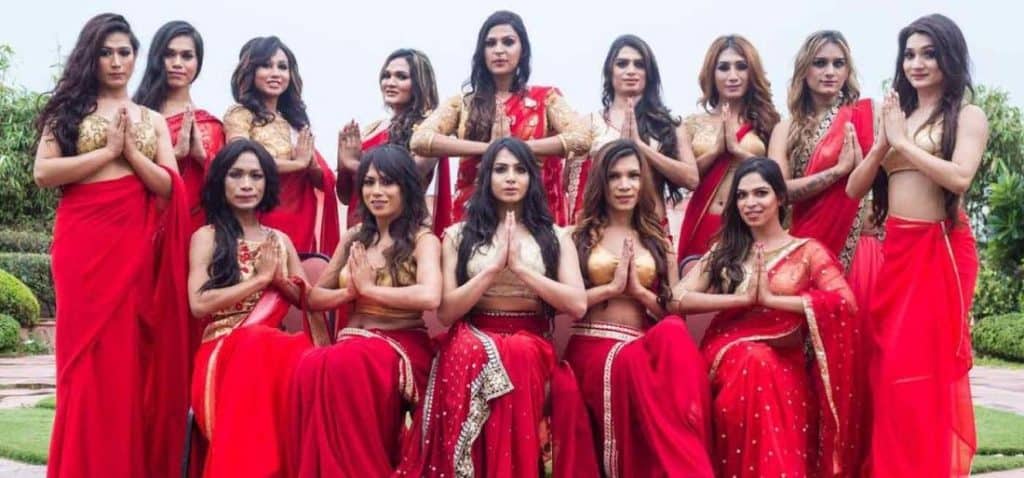
While there have been significant growth in the acceptance of the LGBTQ, Indian still has a LONG way to go! In terms of employment, social acceptance, marriage, community living, adoption, and many more areas of life- LQBTQ members still have a war to fight. But with the hope of receiving support from current and upcoming generations, one can be optimistic about their conditions.
To read about more such thought provoking stories about the “New India” please stay tuned to Yeh Hai India



